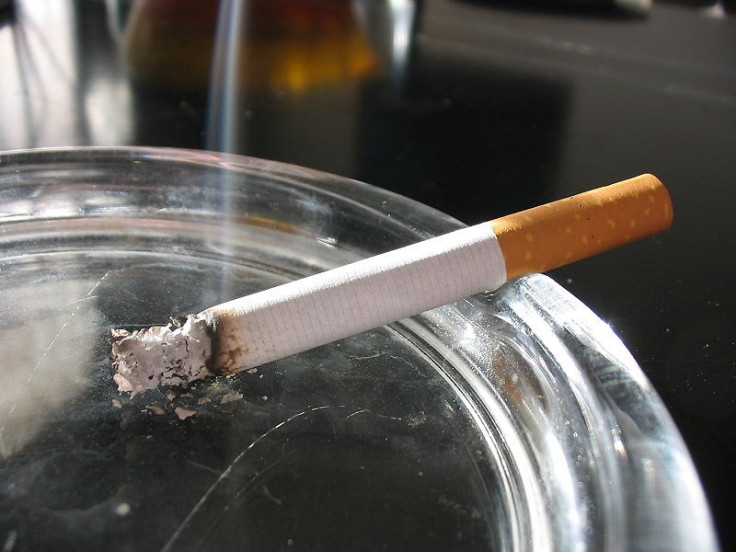Smoking Increases Risk of Alcohol Abuse by Blunting Brain's Reward System

Smoking increases the risk of alcohol abuse because it causes a change in the brain's "reward" mechanism.
Researchers have long known that smoking is a risk factor in alcohol abuse in later life but were unable to find out why.
However, a team from Baylor College of Medicine in Texas reported in the journal Neuron that signalling to the brain's reward system was reduced after nicotine exposure, leading to a need for alcohol.
The team found that rats exposed to nicotine had a dampened reward response and actively sought alcohol.
A blunted reward mechanism is associated with increased susceptibility to drug and alcohol abuse.
Young people vulnerable
The scientists claimed that the change in brain signalling caused by nicotine resulted in the rats "self-administering" more alcohol.
Senior author John Dani said: "Our findings indicate the mechanisms by which nicotine influences the neural systems associated with alcohol abuse.
"Young people typically experiment with tobacco in their teens, and that exposure possibly contributes to a greater vulnerability to alcohol abuse later in life. Greater vigilance is called for to prevent the initial exposure to nicotine and to follow those at risk.
"In addition, our work suggests that stress hormones are candidate targets for prevention or treatment therapies."
© Copyright IBTimes 2025. All rights reserved.






















